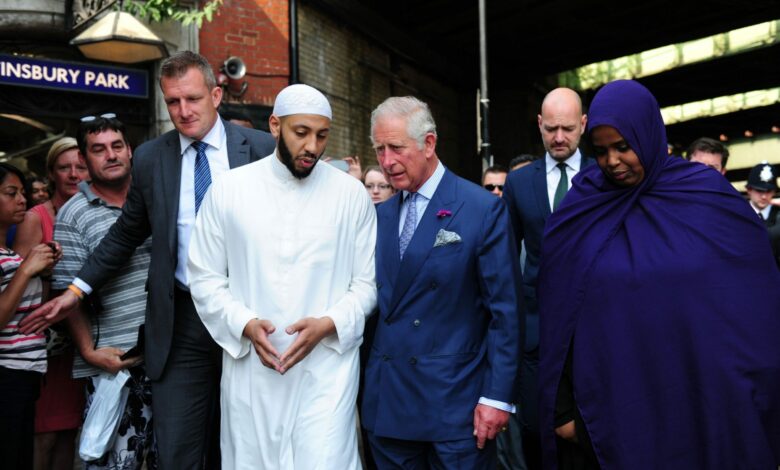Time article: King Charles III’s Unique Relationship with Islam Could Bridge Divides

While Britain’s new king also bears the title of “apologist and supreme ruler of the Church of England” how Charles III interprets the responsibilities that go along with this religious role may surprise some, particularly when it comes to Islam.
This is what A. Heller, a researcher at the Carnegie Endowment for Peace in Washington, and an associate fellow at the Royal United Services Institute in London and the Islamic Center at the University of Cambridge, in an article for the American magazine Time.
At first, this researcher drew attention to Charles’ declaration, about 30 years ago, that he wanted to become a defender of “religions” rather than just a “defender of faith”. He added that when it comes to tradition, Charles III has continued to explore the ideas of the French philosopher René Guénon, who converted to Islam at the beginning of the twentieth century, and the philosophical controversy surrounding it regarding the evaluation of modernity rooted in “metaphysics” and traditions.
The writer explained that the new king, in addition, never concealed his admiration for Islam as a religion, and even for Muslim societies, whether in Britain or abroad, not to mention his praise of Muslim societies in the past, and their contributions to Western civilization.
He highlighted that Charles showed a lot of sympathy with Muslims in difficult political situations, inside and outside Europe. He sympathizes, according to one British writer, with the Palestinians under the yoke of Israeli occupation.
There are also indications that he opposes restrictions on Muslim women regarding what they wear in various European countries. In addition, in 2007 the new king founded the charitable initiative “Mosaic”, which aims to provide mentorship programs for young Muslims throughout the United Kingdom, not to mention that he became a patron of the Oxford Center for Islamic Studies, where he delivered his most famous speech “Islam and the West” in 1993.
As a prince, says the researcher, Charles, for example, praised the works of the English thinker Martin Lings, an expert on Shakespeare’s works, who converted to Islam, and even presented one of his books.
According to the author, there does not seem to be an equal to Charles among Western leaders when it comes to sympathy with Islam and Muslims. Rather, Britain’s new king once stated that Islam can “teach us today a way to understand and live in the world.
The essence of Islam is to maintain an integrated view of the universe.” Of course, as the writer says, “what a prince can say and what he can do as a king, they are two completely different things.”





